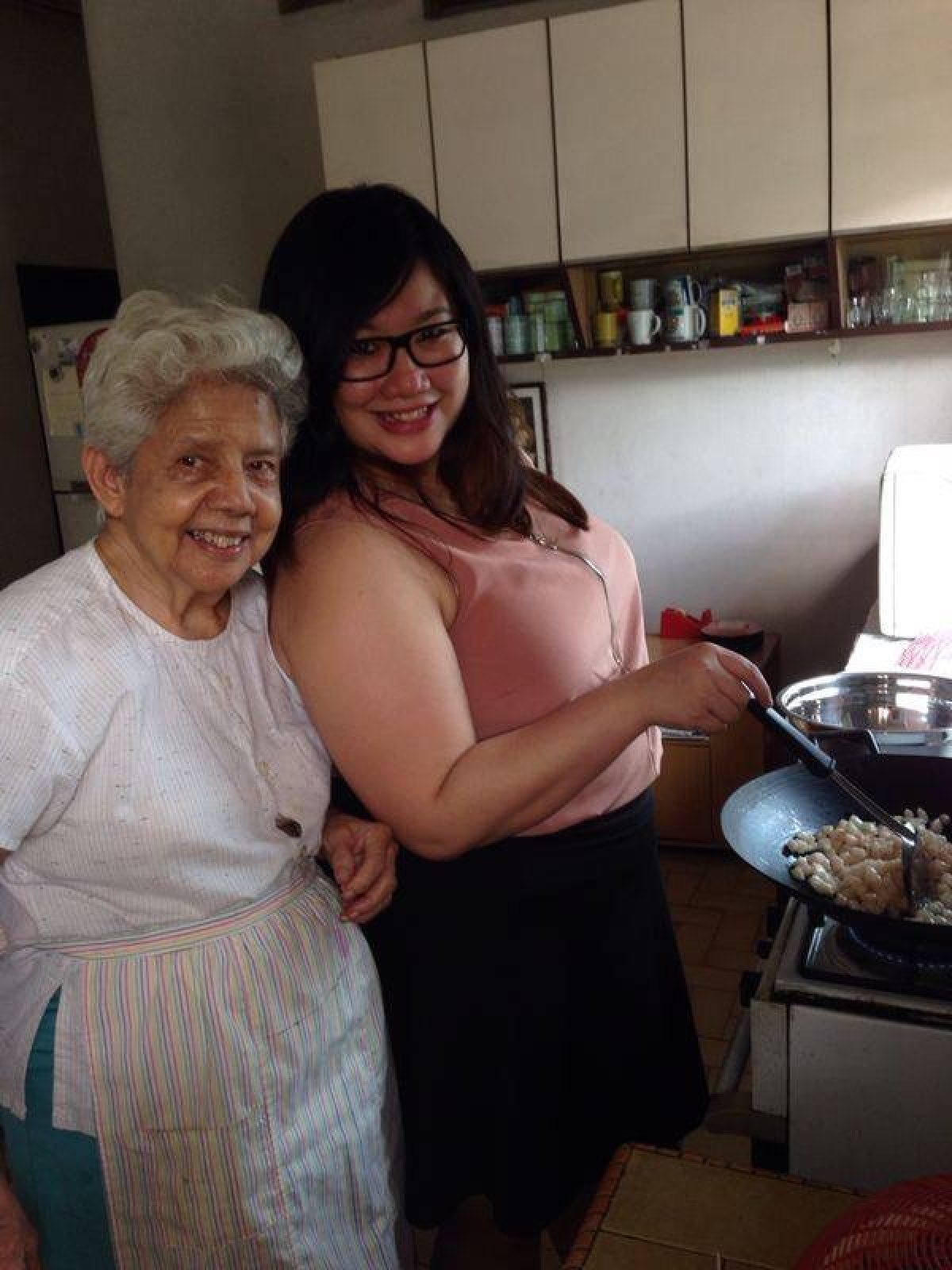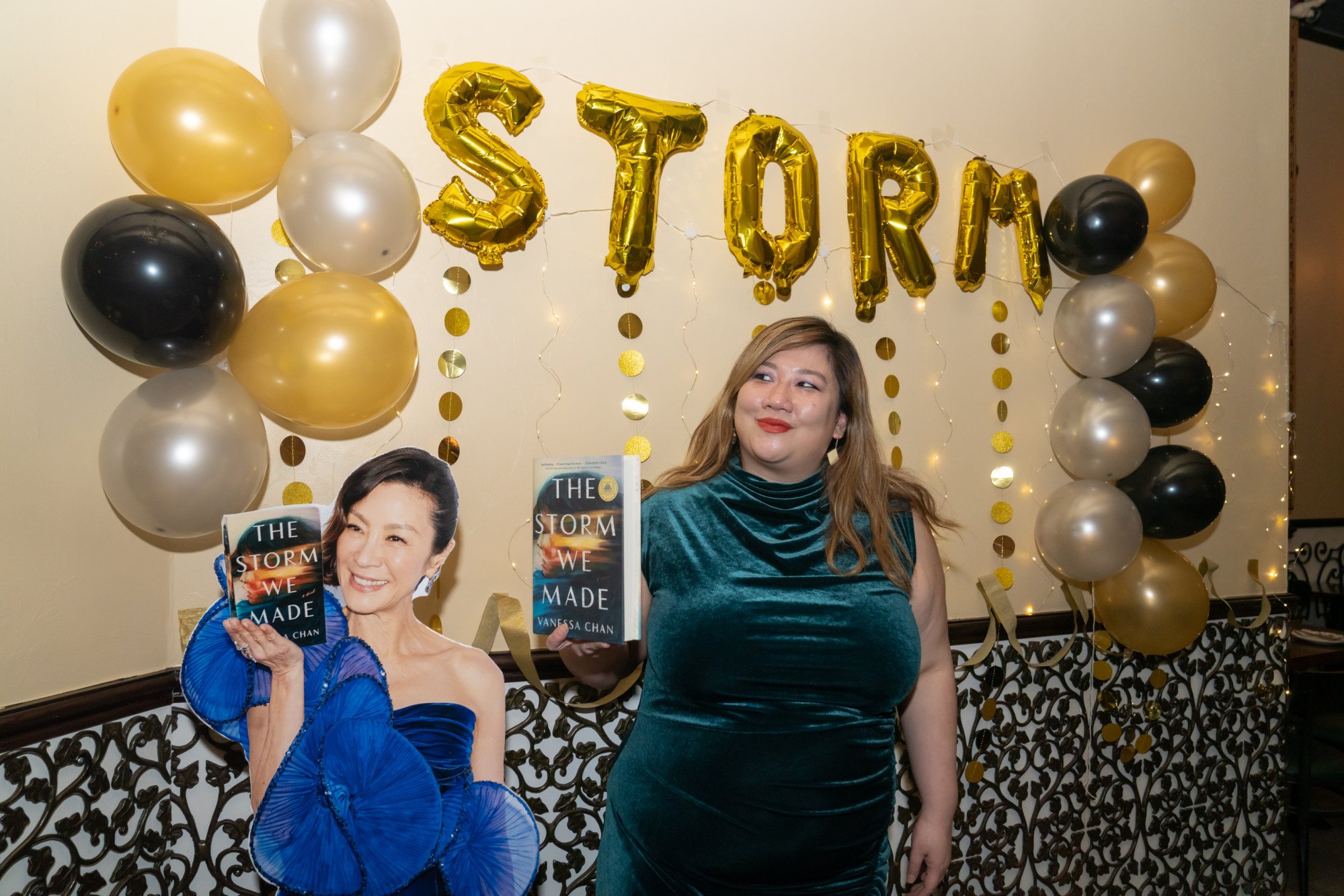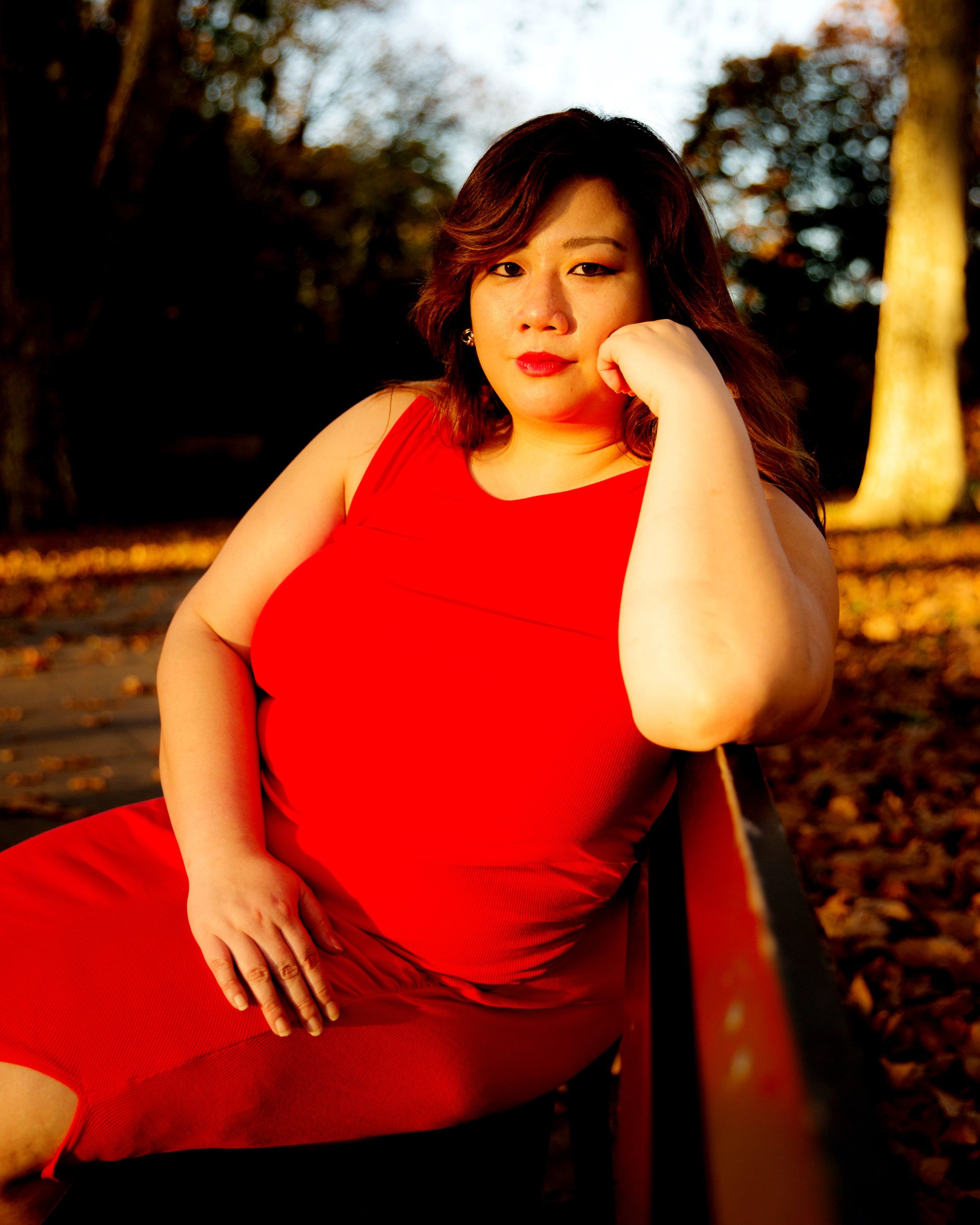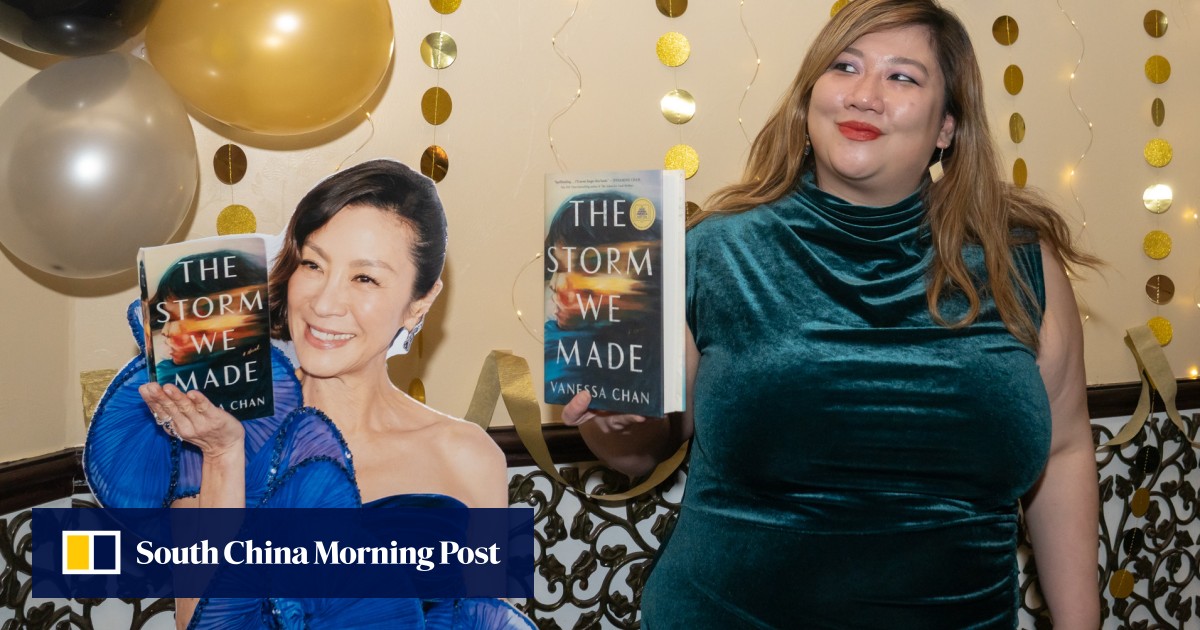The success of The Storm We Made, which has been translated into 20 languages, has all been a bit surreal for the Malaysian-born author.
“It’s just been very exciting, but also, I think, quite bewildering. I’m just not used to this kind of attention.”
‘Another perspective’: Japanese novels in English translation are a hit
‘Another perspective’: Japanese novels in English translation are a hit
The book is told through the eyes of Cecily, Jujube, Abel and Jasmin, jumping from one person’s viewpoint to another’s as they grapple with the different horrors the Japanese occupation brings them.
Chan describes the colours of the nation in vivid detail. One can almost feel the oppressive humidity of the streets and the wrenching fear of the characters as bomber jets shriek overhead.
Although she did not live through those times, Chan was able to draw on stories her grandmother told her during her childhood.
She recalls her grandmother, who died in January 2023, telling her about how she would avoid air strikes, or how she and her family would sneak through a hole in the fence for dancing sessions at her neighbour’s, and why everybody wore slippers because they could not afford shoelaces – details that made it into The Storm We Made.
“My grandmother’s stories were more like the grounding and the background of the book. I feel these details made it more authentic to readers. Then the rest of the book was more my imagination … the twists and turns,” the author says.
I was just really angry. I was grieving and I felt like I just didn’t have any choices, and I wanted to give myself something, and so I gave myself a character who gets to make choices
She also had the help of her father, a history buff who was quick to correct her on any inconsistencies.
“It was like, ‘you know, back in the day, they didn’t call it a pharmacy. They called it a dispensary or a chemist’. Or he was telling me about the kinds of dishware that they would have. I think I initially put in something like melamine plates or something. He was like, there was no melamine. It was enamel.”
“I think there are some frames of my art block poetry in the house somewhere, which is horrifying to me now,” she says with a laugh.

She left her Silicon Valley job to pursue the creative writing dreams she had put on hold and moved to New York to study for a master of fine arts (MFA) in creative writing degree.
“I think maybe because my mum had been ill for quite a while, and I had been confronted with the idea of her mortality and the idea that, as cliché as it is, life is short. And it didn’t seem like a huge risk to me to try something like this for a few years and see what happens,” Chan explains.
“I think I was fortunate enough to know that I could go back to the job that I had prior if something didn’t work out.”
Her main character is lover, terrorist and spy. And based on a great-aunt
Her main character is lover, terrorist and spy. And based on a great-aunt
In the end she never got to finish her MFA because the coronavirus pandemic came, but it was during one of her study workshops that The Storm We Made was born.
“This was a homework assignment about someone who does something on repeat. I typed 5,000 words in a fever. And essentially, that became chapter four, which is about Jujube running through the checkpoints. And it sort of grew from there.
“I started to add to it, try some other points of view. And before I knew it, I had the beginnings of a novel. And it just felt important to continue,” she says.

She wrote the novel during the pandemic, trapped in her apartment writing her allotted 888 words a day (“eight is a lucky number”) and unable to go home to Malaysia even to say her final goodbyes to her sick mother before she died.
“I was just really angry. I was grieving and I felt like I just didn’t have any choices, and I wanted to give myself something, and so I gave myself a character who gets to make choices, even though a lot of them are misguided,” says Chan.
“I was like, here’s this woman who gets to run around and do all these things that I cannot do. I made her a spy [because] it seems like someone who gets to do all things. I also liked to watch a lot of spy TV when I was younger, so it seemed like a good experiment.”
We are constantly told to prove that our people and our identities can make money. That is ridiculous because white Western people don’t have to prove that
“It’s just something important to do before the knowledge is lost to time and to the generation that’s going away,” she says.
“I always say if we can name in the last 20 years every single writer who’s ever written about Southeast Asian or Malaysian and Singaporean history, we can name them on one hand.
“That’s too little, because if you look at historical fiction or history as a genre in the West, in one year, you couldn’t name every single writer who has written about [that].”

“I think it’s good, but not enough. It shouldn’t be the case that minorities, Asians or otherwise, need to constantly prove that there is economic viability in our existence.
“We are constantly told to prove that our people and our identities can make money. That is ridiculous because white Western people don’t have to prove that,” Chan says.
Ready for it? There’s a Taylor Swift comic book coming out – yes really
Ready for it? There’s a Taylor Swift comic book coming out – yes really
She says she is “obsessed” with Yeoh, riding high on her Everything Everywhere All at Once buzz. When she organised a launch party for The Storm We Made, friends surprised her with a large cut-out of the actress.
“I think she’s such a great role model. And I, like a lot of other people, was in tears when she won her Oscar, and it was great!” she says. “She has an open invitation to play any role she wants if there is an adaptation of my novel.
“We will age the characters up or down for her. It doesn’t matter. We will make a space for her!”
As for the literary world, Chan has already started her second novel, one that will “most likely” be set in Malaysia. In the meantime, she has a collection of short stories, Ugly Babies, that is due out in 2025.
“It’s great to see more of us Asian writers out there,” says Chan. “People like Tash Aw and Tan Twan Eng opened the doors for people like me. And so I’m hoping that me sort of jamming my metaphorical foot in the door opens it for more writers from the region, more stories from the region, not necessarily historical, just anything.”
